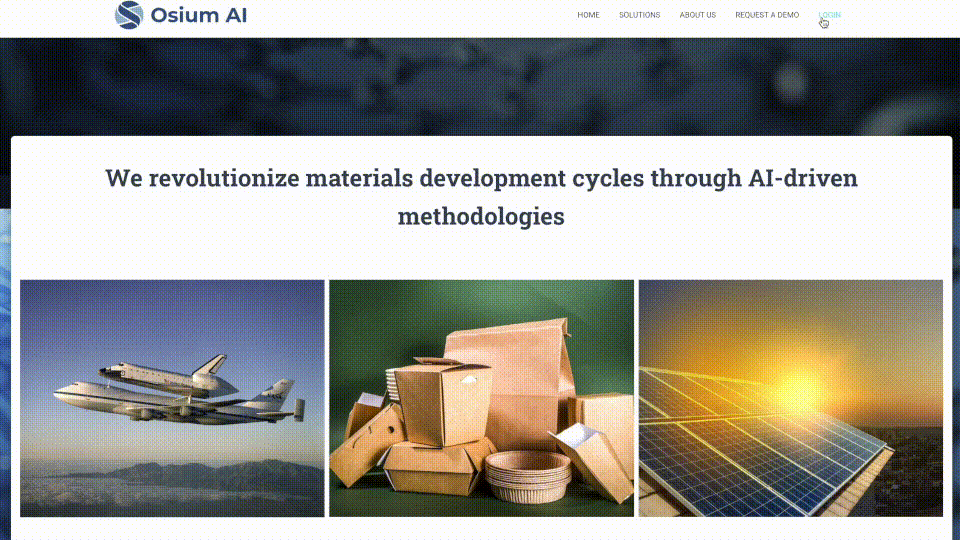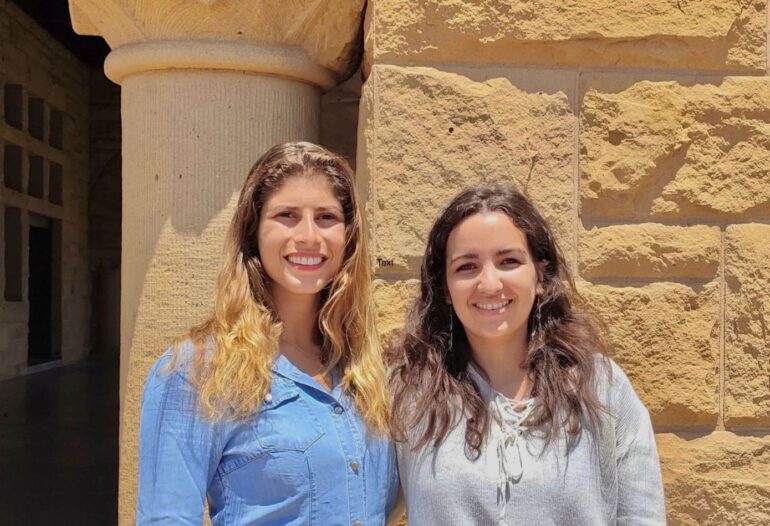TL;DR:
- French startup Osium AI, co-founded by Sarah Najmark and Luisa Bouneder, secures $2.6 million in seed funding from notable investors.
- Osium AI focuses on revolutionizing materials science research and development using artificial intelligence.
- Traditional materials development methods are often manual and reliant on intuition, leading to inefficiencies and trial-and-error processes.
- The company’s proprietary technology optimizes the feedback loop between materials formulation and testing through a data-driven approach.
- Industrial companies can predict the physical properties of new materials and refine them, significantly accelerating development.
- Osium AI is already gaining traction with industrial firms, offering the potential to accelerate materials development and analysis by a factor of 10.
- The startup plans to expand its team and capitalize on interest from various industrial sectors.
Main AI News:
In the ever-evolving landscape of artificial intelligence applications, French startup Osium AI has emerged as a pioneer in the realm of materials science research and development. Co-founded by Sarah Najmark and Luisa Bouneder, this innovative venture has recently secured a significant $2.6 million seed round from prominent investors such as Y Combinator, Singular, Kima Ventures, Collaborative Fund, Raise Phiture, and a distinguished group of business angels including Julien Chaumond, Thomas Clozel, Isaac Oates, Liz Wessel, Ebert Hera Group, Patrick Joubert, Sequoia Scout, and Atomico Angel.
The genesis of Osium AI stems from a fundamental observation made by Sarah Najmark during her undergraduate studies in the field of cosmetics materials. She recognized that materials development processes remained largely manual, reliant on trial and error, and often driven by intuition. This realization sowed the seeds for a profound transformation in the materials science domain.
Following her academic journey, Najmark joined Google X, the moonshot division of the tech giant, where she dedicated three years to the exploration of robotics and deep tech technologies. Her role as a tech lead granted her the authority to oversee end-to-end artificial intelligence pipelines in areas such as robotics and system engineering, leading to the acquisition of several patents.
On the other hand, co-founder Luisa Bouneder accumulated three years of experience working on data products for industrial enterprises, with a particular focus on materials science. Her firsthand exposure to the industry unveiled the inefficiencies stemming from excessive trial and error in the materials development process.
Engaging in discussions with numerous industrial stakeholders, the Osium AI team identified a pressing need for innovative solutions in the context of sustainability. The emergence of new materials, ranging from lightweight variants for aeronautics to environmentally friendly and durable options, presented fresh challenges that had the potential to impact a multitude of sectors, including construction, packaging, aeronautics, aerospace, textiles, and smartphone manufacturing.
So, what sets Osium AI apart? At its core, the company excels in optimizing the feedback loop between materials formulation and testing through a data-driven approach. Leveraging their proprietary technology, Osium AI empowers industrial firms to predict the physical properties of novel materials based on predefined criteria. Furthermore, the platform aids in refining and optimizing these materials, eliminating the common pitfalls associated with trial-and-error approaches.
The impact of Osium AI’s solution has already begun to reverberate within the industrial landscape. Users have witnessed the potential to accelerate materials development and analysis by a remarkable factor of 10. As Sarah Najmark puts it, “Right from the start of our testing, we saw that we were bringing value.“
While Osium AI currently operates with just two dedicated individuals, the co-founders, the future holds the promise of expansion. The startup intends to bolster its team and capitalize on the substantial interest from industrial players. With signed contracts in place and ongoing discussions with 30 potential clients from diverse sectors, Osium AI is poised to drive a significant transformation in the materials innovation landscape.

Source: Osium AI
Conclusion:
Osium AI’s innovative approach to materials science using artificial intelligence has the potential to disrupt the market significantly. Accelerating materials development and reducing trial and error can lead to cost savings and increased efficiency for industrial companies across various sectors, making it a compelling solution in the materials innovation landscape.

